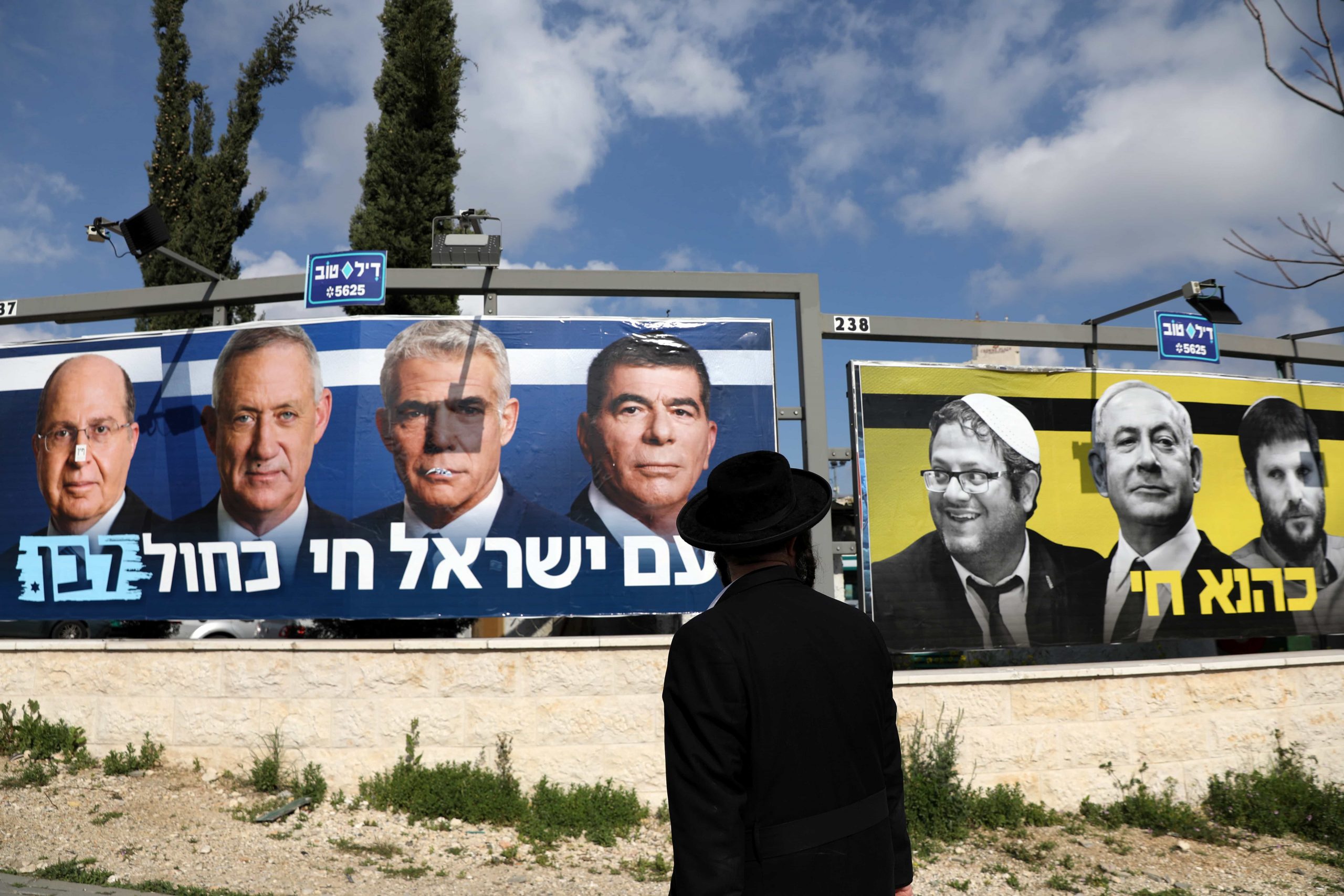Concerns Mount as U.S. Faces Pressure Over Potential U.N. Resolution to Halt Israel-Hamas Conflict
JERUSALEM — As tensions escalate in the Middle East, ten non-permanent members of the U.N. Security Council are advocating for a binding resolution aimed at halting Israel’s military actions against Hamas in Gaza. This move comes amid rising anxieties that the Biden administration may align itself with this initiative, which could signify a dramatic shift in U.S. foreign policy and deliver a critical message to Israeli Prime Minister Benjamin Netanyahu’s government.
Strained Relations Between Biden and Netanyahu
Relations between President Biden and Prime Minister Netanyahu have become increasingly strained following Israel’s military operations initiated in response to Hamas attacks on October 7, 2023. Observers are drawing parallels to the actions of former President Obama, who allowed an anti-Israel resolution to advance in the Security Council just weeks before Donald Trump’s inauguration. This history raises questions about whether the Biden administration could use the U.N. as leverage to exert pressure on Israel.
Criticism of the Proposed Resolution
Anne Bayefsky, president of Human Rights Voices, cautions against the potential ramifications of the proposed resolution. In an interview with Fox News Digital, she stated, “This is a calculated attempt to insulate the Biden administration’s agenda from future reversal. Once a Security Council resolution is passed, efforts to revoke it could be vetoed by Russia or China. Americans need to remind the administration that they didn’t vote to cede control to these powers and the U.N.”
Key Points of the Draft Resolution
The draft resolution notably neglects to secure the release of over 100 hostages currently being held by Hamas, including American citizens. Critics have drawn comparisons to Obama’s handling of a 2016 U.N. censure targeting Israel for its settlement activities in the West Bank. Alongside its omissions, leaked drafts of the resolution have been sourced to Al Jazeera, a media outlet accused by the Israel Defense Forces of employing individuals linked to Hamas.
Israel’s Response
In response to the proposed resolution, Israel’s ambassador to the U.N., Danny Danon, openly criticized the initiative. “It’s shameful that this resolution calls for a cease-fire without addressing the release of the 101 remaining hostages still held by Hamas. It’s a one-sided resolution and should not be approved,” he remarked during a statement to Fox News Digital.
Russia’s Role and Implications for U.S. Policy
On the international stage, Russia—one of the five permanent members of the U.N. Security Council—has expressed support for the draft resolution. The Russian mission to the U.N. issued a statement via X (formerly Twitter), declaring, “This draft resolution demands an immediate, unconditional, and permanent cease-fire and the release of all hostages. We urge a vote without further delays.”
The pursuit of a cease-fire, without provisions for hostage release, has amplified suspicions regarding the Biden administration’s forthcoming actions at the U.N. Critics worry that Biden might allow the resolution to pass during a perceived “lame-duck” period, reflecting events from 2016 when Obama faced accusations of enabling actions detrimental to Israel.
Concerns of a U.S.-Israel Rift
Ambassador Danon voiced apprehensions regarding the potential recurrence of similar circumstances experienced at the close of Obama’s presidency. “While I don’t think the U.S. would let the resolution pass, we could see other attempts to isolate and delegitimize Israel during the transition period, similar to what transpired at the end of Obama’s presidency,” he noted.
When pressed for clarity about the Biden administration’s stance, U.S. State Department spokesperson Matthew Miller refrained from providing definitive answers, stating, “I cannot speculate on how we will vote on resolutions that haven’t come before the Security Council yet. We will assess each resolution based on U.S. interests, as we always do.”
Additionally, a State Department official informed Fox News Digital that, “We are consulting with fellow Council members regarding the draft, but we won’t preview our vote.”
Long-Term Implications
Critics of the resolution, including Bayefsky, argue that its approval could cause lasting damage to Israel. “Strip away the facade of false peace, and you find both the U.N. and the Biden administration planning serious harm for Israel. This Security Council resolution, without securing hostages’ release, and while leaving Hamas armed, is a recipe for more war, not peace,” she stated.
Bayefsky emphasized that any U.N.-brokered cease-fire would place undue pressure on Israel, asserting, “Hamas will continue its attacks. Historically, cease-fires have only been broken by Hamas, not Israel. This resolution’s real target is Israel, and a democratic U.S. should shut down these negotiations immediately.”
The Non-Permanent Members’ Influence
The ten non-permanent members pushing for this resolution include notable names within the international community. Their collective influence in shaping the narrative and potential outcomes at the Security Council underscores the delicate balance of power and the complexities of international diplomacy amid ongoing conflict in the region.
Conclusion
The unfolding situation around the U.N. Security Council resolution presents a critical juncture for the Biden administration. As calls for a cease-fire resonate amidst profound humanitarian concerns, the implications for U.S.-Israel relations and broader geopolitical dynamics remain uncertain. As tensions rise, the actions and decisions made by the U.S. may carry significant weight in defining the future of Israeli-Palestinian relations and the ongoing saga of conflict in the Middle East.
